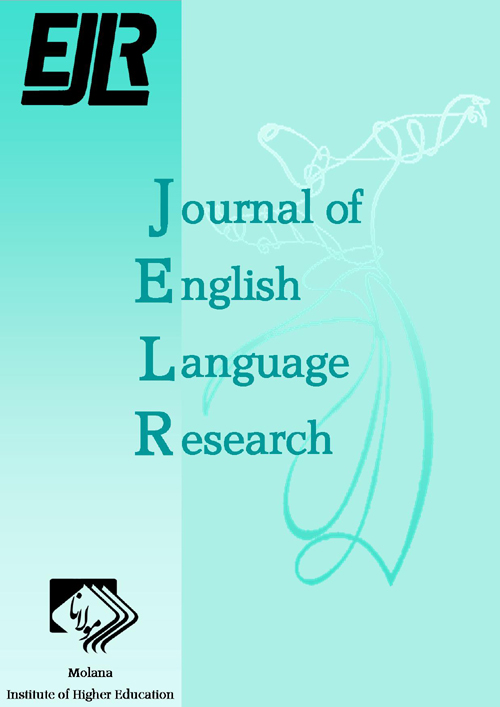Exploring Incremental and Entity Language Mindsets and their Relationships with EFL Learners’ Goal Orientations and Emotional Responses
This study examined how people with the entity or incremental language mindset vary in their language learning goals and responses to failure situations. To this end, 200 EFL learners were assigned to answer three questionnaires in three phases. First, the Language Mindset Inventory was administered to measure participants’ view of the fixedness and malleability of language mindsets. The three-dimensional Goal Orientations Scale, together with the Responses to Failure Situations Scale, were applied to assess learners' goal orientations and emotional responses. Also, learners’ mindsets manipulation was used in the second language context to an experimental group. Next, 37 students were selected through administering the Preliminary English Test. Afterward, 26 participants with the highest entity language mindsets established through Dweck Mindset Instrument were exposed to the treatment to study the effect of mindset theory-altering experimental intervention on fostering incremental language mindsets among Iranian EFL learners. The participants took advantage of mindset theory-altering experimental intervention adopted from Blackwell et al. in 2007; that is an intervention protocol including seven sessions workshop in seven weeks, 2 hours per session. It was outlined for students through readings, videos, group discussions, and activities promoting the message of improvable intelligence. The findings indicated that learners with an incremental mindset adopted learning goals and a more significant mastery response in failures. However, learners with an entity mindset endorsed performance goals with a more substantial helplessness response. The manipulation also showed that learners’ language mindsets were altered through the implementing mindset theory-altering experimental intervention.


